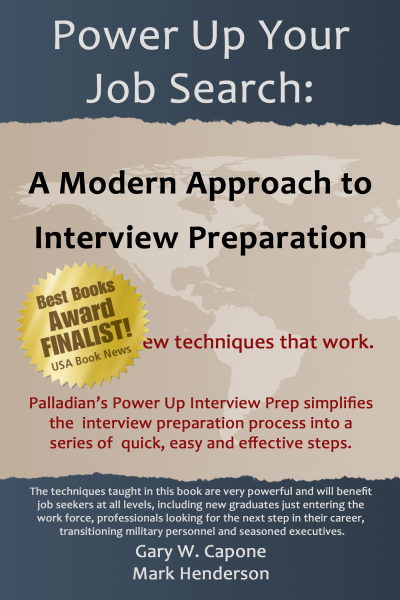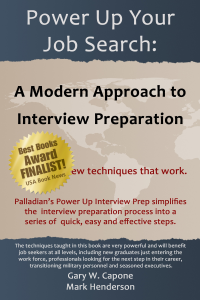Mock interviews are practice sessions designed to improve the interview skill of a job seeker. Like any practice session, an experienced coach will make the practice more valuable.
Select an interviewer who is experienced at interviewing with different interview styles. It isn’t sufficient to have experience with one type of interview. The interviewer should understand the different ways a hiring manager can structure and conduct an interview. This is essential to assess the job seeker’s strengths and weaknesses. Most job seekers perform adequately in some interview situations, but struggle in others. If the interviewer does not understand the differences between these situations, the interviewer will be unable to recognize the weaknesses of the job seeker, and help the job seeker improve.
The interviewer should also be in a position that the job seeker respects. To simulate a real interview, the mock interview must simulate the anxiety that exists in a real interview. This requires an interviewer that will intimidate the job seeker. An expert in a field, a senior executive or an experienced interview coach can all create a situation that will put the job seeker on edge.
Another factor to consider when selecting an interviewer for a mock interview is finding someone who does not know the job seeker well. The interviewer should enter the mock interview with a similar knowledge of the job seeker as the interviewer in a real interview. This ensures that the interviewer does not fill in the gaps in the job seeker’s answers with details the interviewer already knew.
Finally, the best interviewer for a mock interview will be an experienced coach skilled at teaching interview techniques. Each job seeker has different needs, and an experienced coach will quickly identify the best way to develop the job seeker’s interview skills.




